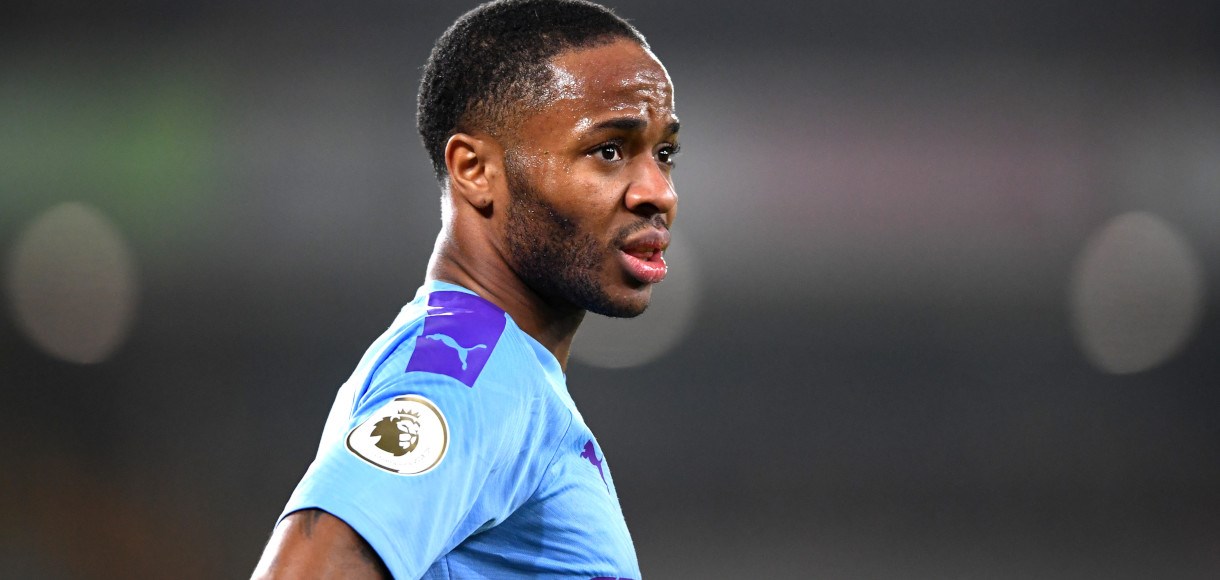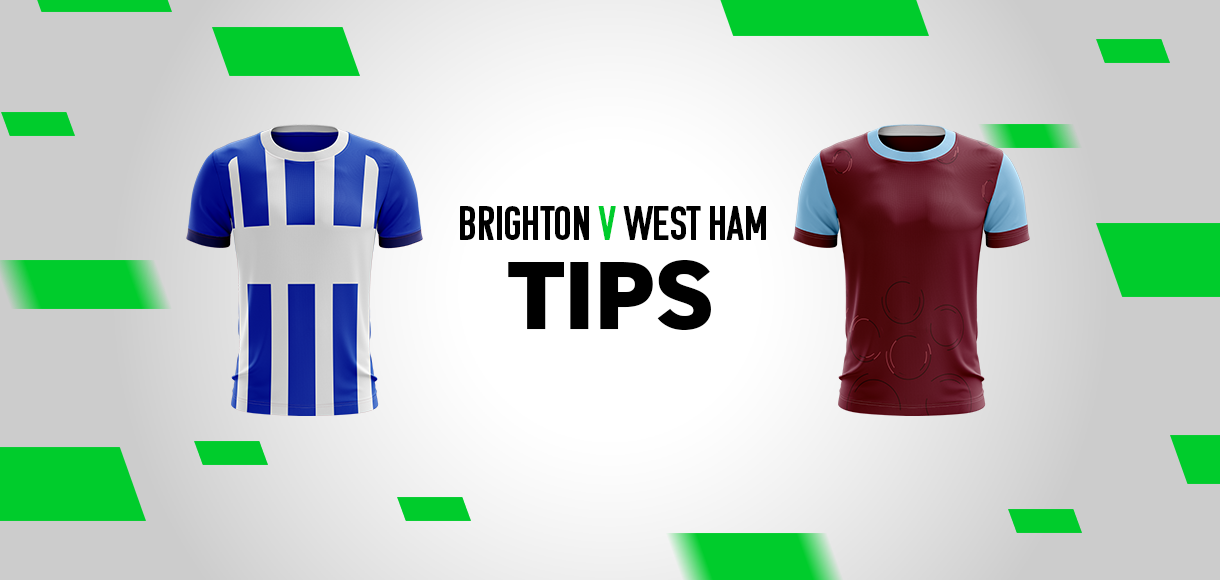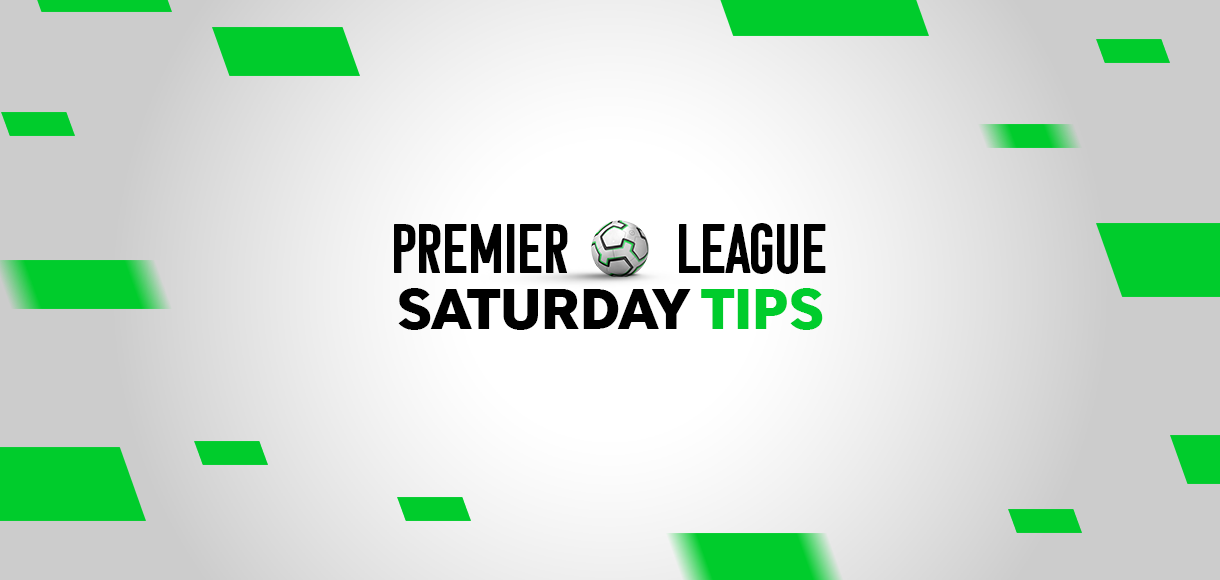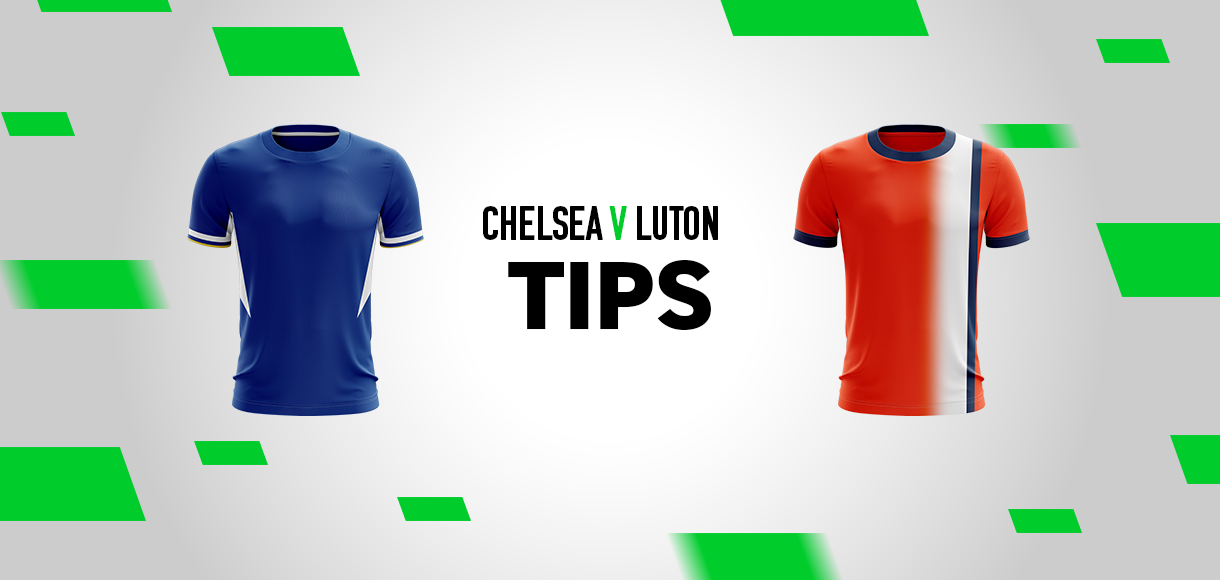5 Premier League narratives that are going under the radar
 Source: Getty Images
Source: Getty Images
From Raheem Sterling's goal drought to Bournemouth's expensive struggles, these are the Premier League stories that more people should be talking about.
Raheem Sterling needs a rest
Goal droughts seemed to be a thing of the past for Raheem Sterling.
Having scored 25 goals for Manchester City last season, he started this one with 18 in 20 games for club and country – numbers that put him alongside some of the elite scorers in Europe.
Yet this run of eight games without a goal, his longest for City since 2017, has halted that progress.
To some extent, it can be explained. In the absence of Leroy Sane, Sterling has played the second-most minutes of any City player this season and his energy levels have dropped.
That fatigue appears to have caused his old habits of lacking composure in front of goal to resurface. See his shanked pass to Ilkay Gundogan at Tottenham a fortnight ago or the missed open goal against Manchester United in the EFL Cup semi-final a few days earlier.
Guardiola’s solution was to play Sterling back into form, but the England forward’s hamstring strain means that’s no longer possible.
Unlike the ones suffered by Marcus Rashford and Harry Kane – who could both not play again this season – the enforced break is a welcome one for Sterling.
He will return in a couple of weeks well rested and ready to rediscover his spark for the remainder of this campaign and, of course, Euro 2020.
Some of the best players play for the worst teams
It was evident early on that this season’s Premier League didn’t feature any duds. No 2007/08 Derby or 2018/19 Huddersfield.
What is emerging as the season progresses, though, is that resources are so thinly spread beyond Liverpool and Manchester City that some of the league’s very best players play for some of the worst teams.
For example, only three players rank in the top 20 for both dribbles and key passes per game, and they all belong to teams in the bottom four.
They are Norwich’s Emi Buendia, Aston Villa’s Jack Grealish and Watford’s Gerard Deulofeu.
To an extent, Grealish and Deulofeu earn the credit they deserve as two excellent creators, but Buendia – who ranks second for key passes and fourth for dribbles – is having a low-key exceptional season.
Defenders are harder to judge statistically, but there is a strong argument that Brighton’s Lewis Dunk, West Ham’s Issa Diop and Bournemouth’s Nathan Ake would improve most teams.
That most teams are both impressive in some areas and flawed in others goes a long way to explaining why the table – Liverpool aside – is so close.
Everton are winning with 4-4-fucking-2
Carlo Ancelotti may be leading Everton into Europe, but he’s doing it with a system that hasn’t had much success globally since Mike Bassett led England to the World Cup semi-final.
Versions of 4-4-2 still exist, but rarely in this form.
In Football Manager terms, this is a 4-4-2 (wide) with Theo Walcott a winger (attack) out on the right, Gylfi Sigurdsson an advanced playmaker (support) in midfield and two complete forwards (attack) upfront.
Whether Ancelotti can realistically make this work while trying to produce a team that matches the success of Everton’s 1980s counterparts isn’t clear, but Richarlison and Dominic Calvert-Lewin are a fun throwback regardless.
Bournemouth are underachieving
An article published by talkSPORT last week showed Bournemouth’s Russian owner Maxim Denin to be worth £900m – only the 16th highest in the Premier League, but closer to the rest of the pack than the bottom four.
So, while Bournemouth’s stadium and fanbase may be small, their reputation for punching above their weight is covering for a multitude of sins.
Since promotion to the Premier League in 2015, their net transfer spend of £175.3m dwarfs that of Liverpool, Chelsea, Tottenham, Leicester and several others.
They have signed 13 players for £10m or more in that time, and only three can be considered qualified successes: Jefferson Lerma, Nathan Ake and David Brooks.
Arnaut Groeneveld (£16m) isn’t working out, Jordan Ibe (£16m) has been a disaster, while Dom Solanke (£19m) is without a goal in 26 league appearances.
Just because the bulk of Bournemouth’s team that may go down is made up of cheaper buys and players that moved up the lower leagues doesn’t mean that the club haven’t underperformed.
Troy Deeney is not Watford’s everything
Troy Deeney fits the mould of what English football seems to have decided teams in Watford’s situation require: he’s honest, ‘has bollocks’ and is always up for a scrap.
The first of those traits has particularly wooed the mainstream media. But the claim that “Deeney is massive for them” does not stand up to much objective analysis.
There is a case, for example, that Etienne Capoue is one of the most underrated players in the country. He is the only Premier League player to rank in the top 10 for both tackles and interceptions both last season and this one (so far).
Gerard Deulofeu is among the Premier League’s most creative players, while the Hornets’ only decent run of form this season directly coincides with Ismaila Sarr’s only consistent run of games. Ben Foster has been useful, too.
Of Deeney’s 42 Premier League goals, 15 are penalties. A tally of 27 open play goals from 150 top-tier appearances does not correspond with his assumed importance.
He remains a club legend and the Hornets’ biggest personality, but their chances of survival rest on several other shoulders as well as his.
Visit Betway's football betting page.




































